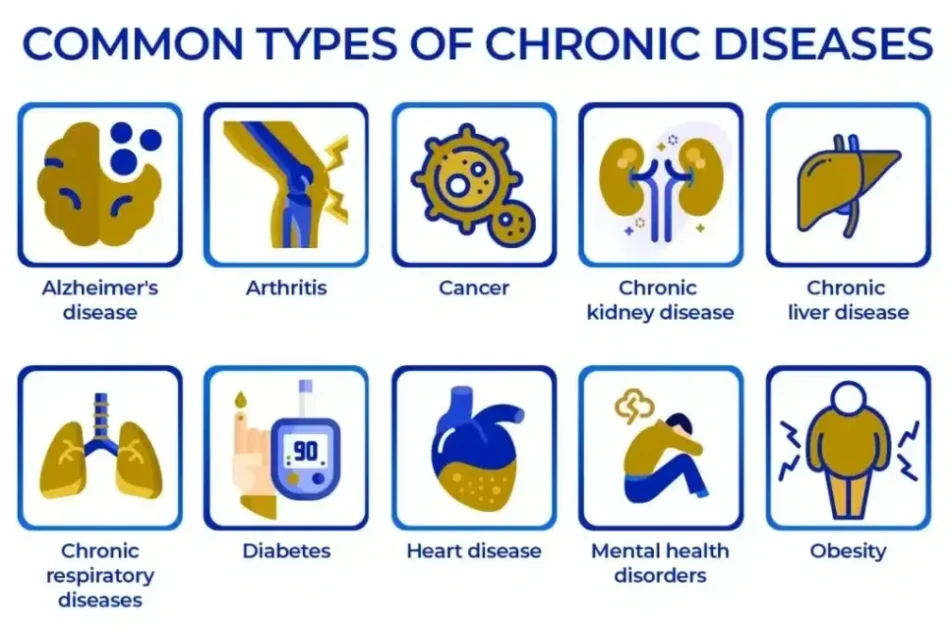Do you have a college graduate entering the workforce? Are you getting ready to send someone off and worried they need a bit of financial guidance to ensure their success?
Historically, this is the time of year when we hear “hey would you be able to talk to my graduate about spending and savings habits?” Most of our clients have become wealthy the “old-fashioned” way, meaning they worked very hard, started saving early and always lived within their means. These are the values they would like their “kids” to understand and believe that hearing it from a professional may hit the mark.
Here are WPC’s tips for college graduates as they begin their financial journey towards financial independence.
- Save early and often – The most important investment tip hands down! The power of compounding is indisputable. Starting to invest in your early years has a dramatic impact in accumulating wealth. Check out our handout The Power of Compounding.
- Create a spending plan – Know the 50/30/20 rule! 50% of their income can be spent on their Needs, such as rent, food, clothing and car or student loans. 30% of their income can be spent on Wants and Wishes, such as vacations, going out with friends and family and the little extra things in life. 20% should be for investing, saving for a down payment on a house, paying extra on debt payments or charitable contributions. By establishing a spending plan (not a budget), it gives them the control and confidence they can do all the things they want to do now while saving for the future. Check your credit card bill and bank statement monthly to see where you are spending your money and adjust accordingly.
- Build an emergency fund – Typically 3 to 6 months of monthly expenses. We all know cars break down, medical issues arise and that “emergency” trip to see friends for a fun weekend happens. By having the money set aside, one feels confident in the short-term and is not stressed about the long-term investing plan.
- Understand the basics of interest – Car loans, student loan debt, credit cards and eventually a home mortgage all accrue interest. By understanding the basic interest terms, one can save money in the long-term on debt obligations. Pay off credit card debt monthly. Rates are typically in the 18% to 23% range. When you have a couple extra bucks, see Tip #2, pay down your highest interest rate debt first! Paying an extra payment towards the principle might not seem like much now; but, paying a little extra every month can make a big difference over 10, 20 and 30 years.
- Understand the basics of investing – Investing for life takes time and patience. As I mentioned previously, the power of compounding may take years to see the full effect. It is essential to find “free money” or otherwise known as your company match. At a minimum, invest at least that percentage. I always tell my kids that nothing is free, but the company match is pretty close. There will be periods of time when markets go down; don’t panic and sell at the wrong time! Remember the dot.com bust, 9/11, 2008 to 2009 Financial Crisis, and most recently the market drop of March 2020. Do not get emotional. Use market volatility and the power of compounding to your advantage.
- Pay your bills on time – Strive to keep your credit score high for later on when it is important to get the lowest interest rates possible for example, for an auto or home loan.
- Find a side hustle – Find something you are passionate about to earn some extra cash! Do you like music? Teach lessons or work at your local music store part-time. I hear vinyl records are making a comeback. Do you have a love of all sports? Referee or coach a team. Do you like working with kids? Tutor or babysit, their parents will be indebted to you for life. Do you like being outside? Lifeguard, cut grass, walk your neighbor’s dog. There are an unimaginable number of side hustles, check out the list here 50 Smart Side Hustles for College Students (valuecolleges.com)
Good luck in your new career and if you have any questions or need assistance, feel free to reach out to me!
By: Jerry Yox, CFP®
yox.jerry @wealthp.com





